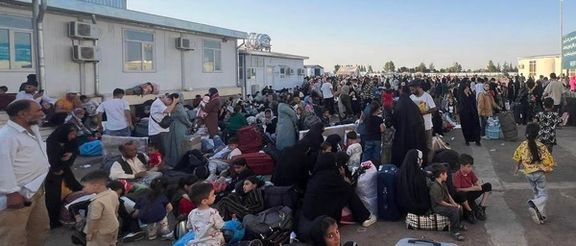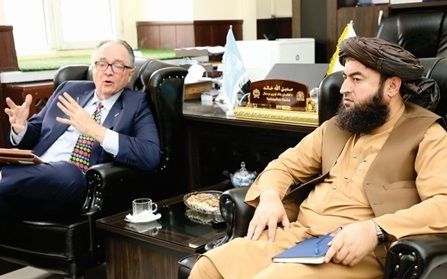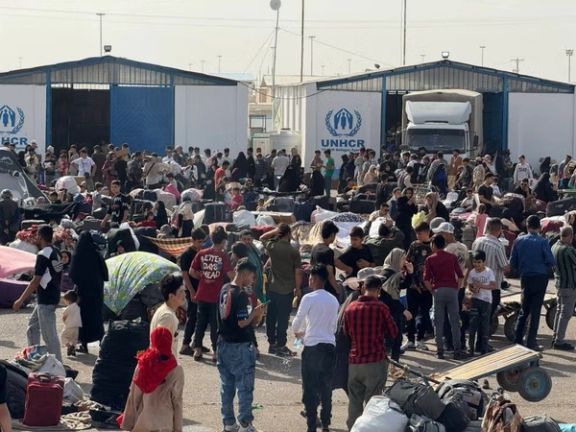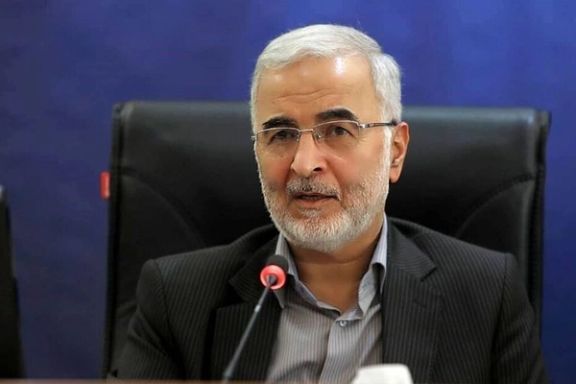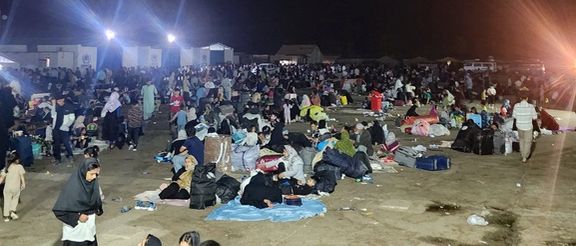Speaking in a televised interview, Momeni said, “We are not hostile toward foreigners or neighbouring countries. But we cannot accept individuals entering our country and harming our security.”
He acknowledged that “many honourable individuals” are among the foreign nationals living in Iran, but added that the country is unable to accommodate the current volume of migration. “Quantitatively, our country is not capable of accommodating this many foreign nationals,” he said.
Momeni’s remarks come as reports emerge of intensified crackdowns on Afghan migrants across Iran, following a ceasefire agreement that ended a 12-day conflict between Iran and Israel.
Sources in multiple Iranian cities told Afghanistan International that security forces have stepped up arrests of Afghan nationals. Police have allegedly raided migrant homes and workplaces, confiscating mobile phones over suspicions of espionage and national security concerns, including possible links to Israel.
During the recent conflict, Iranian authorities arrested 700 Iranian citizens on charges of “espionage” and “collaboration” with Israel. Reports also indicate that at least five Afghan nationals have been detained on similar allegations.
Iranian state media has aired video confessions from several of the detained Afghans, in which they admit to cooperating with Israeli intelligence. However, it remains unclear under what circumstances the confessions were recorded.
Although Momeni noted that many of those arrested were Iranian citizens, the targeting of Afghan migrants has escalated. The Taliban recently claimed that more than 100,000 Afghan migrants have returned through the Islam Qala border crossing in recent days, as deportations and voluntary returns increase.
